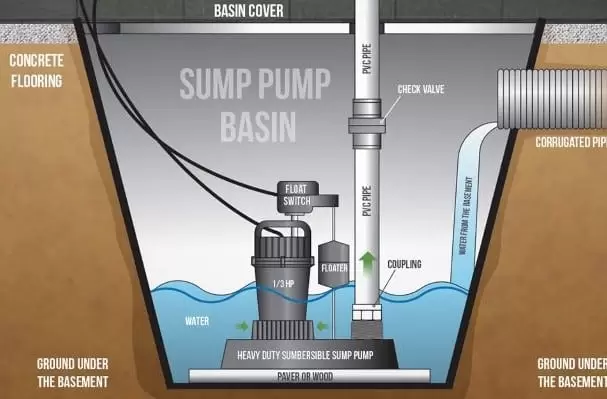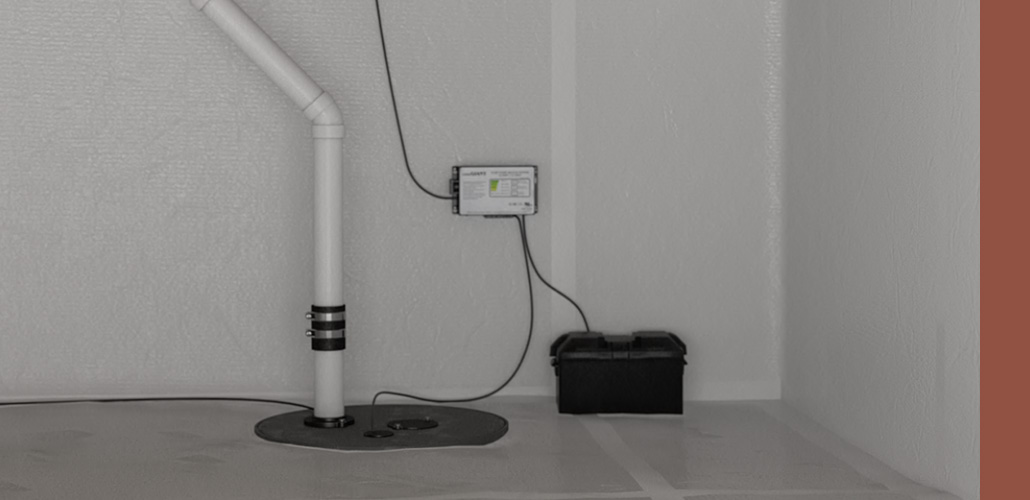Easy Well Pump Replacement: Rejuvenating Your Water Framework with Confidence
Recognizing the Secret Components of Effective Water Purification Solutions

Significance of Water Filtering Solution
Water filtering systems play a vital duty in making sure access to clean and risk-free drinking water by effectively removing impurities and impurities. These systems are crucial in dealing with the growing problems over water quality and the possible health and wellness threats related to taking in polluted water. By using various filtration systems such as reverse osmosis, triggered carbon, and UV sterilization, water filtering systems can effectively get rid of unsafe substances like microorganisms, viruses, heavy steels, and chemicals from the water.
Moreover, water filtering systems aid to boost the preference and odor of water by eliminating chlorine, sediments, and various other toxins that can affect its top quality. Well Pump Replacement. This improvement in water top quality not only makes it more palatable but additionally motivates individuals to drink an adequate amount of water daily, advertising better hydration and total health and wellness
Sorts Of Filtering Parts

Physical filters are made to literally stress out pollutants from the water. These filters can be constructed from products like ceramic, carbon, or perhaps sand, and they work by capturing particles bigger than the filter's pores as water travels through.
Chemical filters make use of different chemical processes to eliminate pollutants from the water. Examples consist of activated carbon filters, which adsorb contaminations, and reverse osmosis membranes, which make use of stress to different contaminants from the water.
Organic filters utilize living organisms like algae or microorganisms to break down raw material and contaminants in the water. These filters are often used in wastewater therapy plants or natural water filtration systems.
Understanding the various kinds of purification elements is critical for choosing the most suitable water filtering system for particular purification needs.
Feature of Sediment Filters
Debris filters play a critical duty in water purification systems by successfully catching solid bits suspended in the water. These filters are normally the first line of protection in a filtration system, getting rid of bigger bits such as sand, silt, dust, and corrosion prior to the water moves via finer filtering phases. By trapping these debris, the filters prevent them from reaching downstream elements, therefore prolonging the lifespan and effectiveness of the entire system.
The function of debris filters is essential in preserving water top quality and shielding delicate devices from damage triggered by debris. Additionally, by eliminating visible particles, debris filters improve the clearness and taste of the water. Routinely replacing or cleaning up debris filters is essential to make certain ideal performance. Ignoring this maintenance can cause blocking, lowered water flow, and jeopardized filtration performance. Overall, debris filters are important parts that add considerably to the performance of water filtration systems.
Duty of Activated Carbon Filters
Playing a crucial duty in water filtration systems, activated carbon filters are crucial in getting rid of contaminations and impurities from the water supply. As water passes via the filter, the triggered carbon brings in and her latest blog holds onto the contaminations, making sure that the water that comes out on the other side is cleaner and much safer for consumption.
Triggered carbon filters are extremely efficient at enhancing the preference and odor of water by lowering chemicals that can affect its high quality. Due to their flexibility and dependability, triggered carbon filters are a key element in ensuring that water is detoxified to the highest possible requirements before getting to customers.
Comprehending Reverse Osmosis Systems
Reverse osmosis systems are innovative web link water filtration systems that utilize an advanced procedure to get rid of impurities and impurities from drinking water. These systems work by using stress to the water, forcing it with a semi-permeable membrane. This membrane layer acts as an obstacle, enabling just pure water molecules to travel through, while blocking bigger molecules such as minerals, chemicals, and other contaminations. Therefore, the water that appears on the other side is significantly cleaner and safer for intake.
One trick advantage of reverse osmosis systems is their capacity to remove a large range of pollutants, including hefty steels, liquified solids, germs, and infections. This makes them highly reliable in boosting the overall top quality and safety and security of alcohol consumption water. In addition, reverse osmosis systems are reasonably low-maintenance and can be installed under the sink or in a central filtering system, giving convenient access to tidy water throughout the family. Overall, recognizing exactly how reverse osmosis systems work can help people make notified choices about their water filtering needs.
Final Thought
In conclusion, efficient water purification systems are essential for ensuring tidy and risk-free drinking water. By recognizing the feature and role of each element, people can make informed choices when choosing a water purification system.
Water filtering systems play a vital role in ensuring accessibility to tidy and risk-free drinking water by successfully eliminating contaminants and pollutants. By utilizing numerous filtering systems such as reverse osmosis, activated carbon, and UV sterilization, water purification systems can effectively get rid of damaging materials like bacteria, infections, heavy metals, and chemicals from the water supply.
Sediment filters play an important function in water filtration systems by successfully important link recording solid particles put on hold in the water (Water Filtration Systems).Playing an essential function in water purification systems, triggered carbon filters are crucial in removing pollutants and impurities from the water supply.Reverse osmosis systems are sophisticated water filtration systems that utilize an advanced procedure to eliminate pollutants and impurities from alcohol consumption water